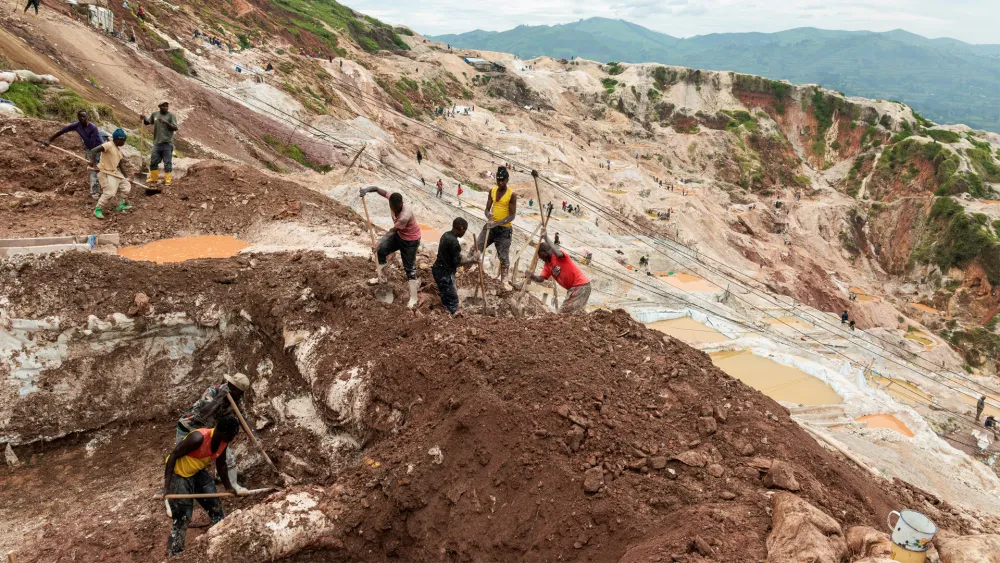
Tanzania risks decisive retaliation against President Samia Suluhu Hassan’s directive that bans non-citizens from small- and medium enterprises on its territory, human rights activists in Mombasa warn.
The activists observed that right from beggars in major towns in Kenya – Mombasa, Nairobi, Kisumu, Nakuru, Kisii, Migori and Homa Bay – retail traders and hawkers Tanzanian nationals have entrenched themselves in the Kenyan economy without eliciting any resistance from the host government or ordinary citizens.
Human rights activists in Mombasa are concerned that President Suluhu Hassan’s directive is hostile to bilateral trade and is likely to attract reciprocal responses – if not by government, by ordinary citizens – to rid Kenyan of Tanzanian beggars, hawkers and retail traders.
Already, Kenya’s Cabinet Secretary for Trade Lee Kinyanjui has warned Tanzania that retaliatory measures are an option on the table unless Dar s Salaam rescinds the decision that he described as contradictory to East African Community (EAC) treaty.
“We are therefore positive that these engagements will yield positive results grounded on the foundational principles of the EAC, including the free movement of goods, people, services, labour and capital,” Kinyanjui said.
The minister warned, though, that retaliation is an option on the table.
Led by Muslims for Human Rights (MUHURI) Rapid Response Officer Francis Ouma the activists described the move by President Suluhu Hassan as discriminatory and potentially detrimental to regional integration efforts.
Suluhu Hassan’s administration recently banned foreign nationals from engaging in various sectors, including salons, retail shops, tour guiding, phone repair, used clothing sales and crop purchasing. Additional restrictions were placed on employment in industries such as mining, tourism, technology, environmental services and postal work.
Ouma criticised the directive, warning that it risks straining diplomatic ties between Kenya and Tanzania. “It is a sad and surprising move by President Samia. We urge President William Ruto to take note that while Tanzania is banning our citizens from economic participation, Kenyans continue to accommodate Tanzanians freely,” Ouma said.
He added that many Tanzanians reside and work in Mombasa, including in the transport sector and Export Processing Zones (EPZ) and are involved in informal activities such as street vending without interference from local authorities.
Bradley Ouna, a human rights defender expressed concern that the directive undermines the principles of the EAC.
“This ban contradicts the vision of free movement of goods and people. If enforced, it could lead to retaliation and hurt bilateral trade,” he warned.
On his part, James Ndegwa Hali, an activist advocating for the wellbeing of persons with disabilities, suggested that the decision was politically motivated due to the upcoming elections in Tanzania.
“We ask our government to respond appropriately. The East African Community must move beyond theory and function in reality,” he said.
Rights Advocate from Kinango Disability Group Uchi Ndoro appealed directly to President Suluhu Hassan to rescind the policy in the spirit of unity in East African.
“A mother is a nurturer. She should treat Kenyans and Tanzanians as her children and protect their opportunities to seek livelihoods across borders,” she said.
- A Tell Media / KNA report / By Sitati Reagan







